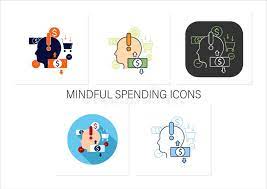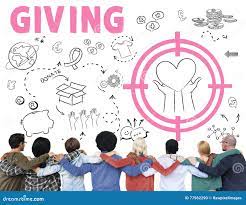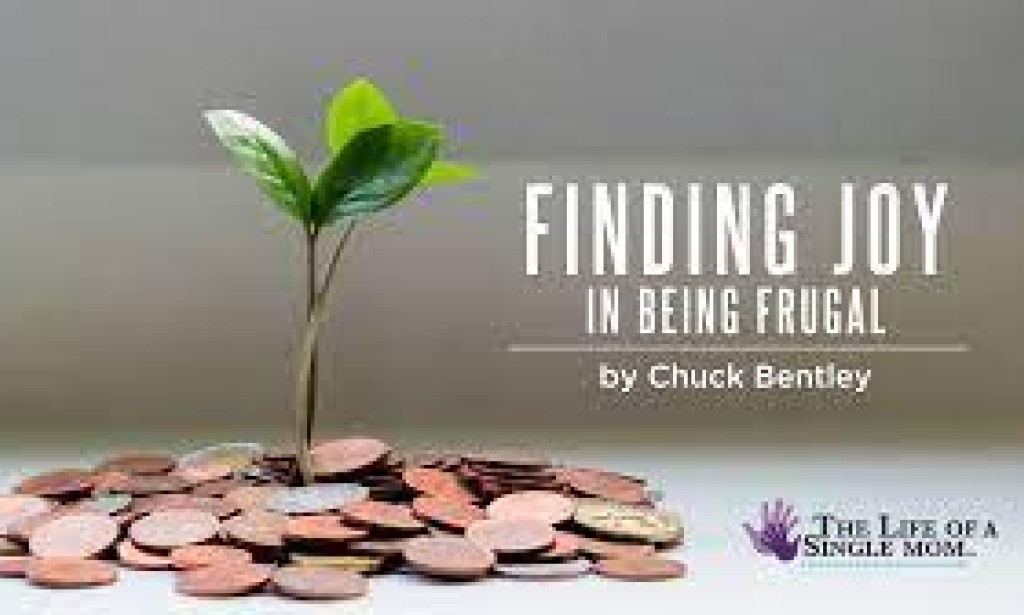Mindful Spending and Budgeting:
Frugal individuals are intentional about their spending. They create detailed budgets, track expenses meticulously, and prioritize needs over wants. This approach helps them allocate funds efficiently, minimize unnecessary purchases, and save for future goals.

Simplicity and Minimalism:
Embracing simplicity is at the core of the frugal lifestyle. It involves decluttering, prioritizing essential possessions, and reducing reliance on material possessions. Minimalism allows individuals to focus on what truly matters and reduces the urge for excessive consumption.
Resourcefulness and DIY Culture:
Frugal living encourages resourcefulness and a do-it-yourself (DIY) approach. This might involve repairing items instead of replacing them, upcycling or repurposing items, and learning new skills to handle tasks independently, reducing dependence on paid services.
Smart Shopping and Bargain Hunting:
Frugal individuals are savvy shoppers. They seek deals, discounts, and sales, compare prices, and use coupons or cashback offers. They might also opt for generic brands, buy in bulk, or shop at thrift stores to stretch their dollars further.
Frugal Home Management:
Frugality extends to home management. Frugal individuals focus on energy efficiency, water conservation, and reducing household expenses by adopting practices like meal planning, reducing food waste, and finding cost-effective ways to maintain their homes.
Emphasis on Financial Goals and Long-Term Planning:
Frugal living involves setting clear financial goals. Whether it's building an emergency fund, saving for retirement, or paying off debt, frugal individuals prioritize long-term financial security and plan their expenses accordingly.
Appreciation for Value over Cost:
Frugal individuals understand the difference between value and cost. They prioritize quality over quantity, investing in durable, long-lasting items that offer value for money in the long run, rather than opting for cheaper, less durable alternatives.
Frugal Health and Wellness Practices:
Frugality extends to health and wellness. Individuals adopt preventive health practices, focus on home-cooked meals instead of eating out, explore free or low-cost fitness options like walking, running, or utilizing free workout videos online.
Community and Sharing Economy:
Frugal living often involves participating in the sharing economy. This might include carpooling, sharing tools or resources with neighbors, or joining community initiatives for collective buying or swapping items.
Financial Independence and Early Retirement:
Many who embrace frugality aspire towards financial independence or early retirement. By consistently saving, investing wisely, and living below their means, they aim to achieve financial freedom earlier in life.
Environmental Consciousness:
Frugality aligns with environmental consciousness. By reducing consumption, minimizing waste, and repurposing items, frugal individuals contribute to reducing their environmental impact and promoting sustainable living.
Emotional Freedom and Contentment:
Ultimately, the frugal lifestyle offers emotional freedom and contentment. Living within one's means, having control over finances, and reducing financial stress contribute to a sense of security, peace of mind, and overall well-being.
The frugal lifestyle is a deliberate choice that fosters financial discipline, responsible consumption, and a focus on value-driven living. It empowers individuals to take charge of their finances, reduce waste, and find fulfillment in a simpler, purposeful, and more sustainable way of life.
Homesteading and Self-Sufficiency:
Some frugal individuals embrace homesteading practices to reduce dependency on external resources. They grow their food, raise livestock, and generate renewable resources like solar power or rainwater harvesting, aligning with principles of self-sufficiency.
Frugal Travel and Adventure:
Frugal living doesn’t mean avoiding travel; it means exploring cost-effective ways to do so. Frugal travelers use budget accommodations, seek flight deals, opt for off-peak seasons, or even engage in travel hacking through credit card rewards to experience new places affordably.
Frugal Parenting and Education:
Frugal parents prioritize cost-effective parenting approaches, such as cloth diapering, DIY toys, and utilizing free community resources for children's education and entertainment. They emphasize value-based lessons rather than materialism.
Bartering and Trading:
Frugal individuals engage in bartering or trading goods and services. This exchange system allows them to obtain items they need without spending money, fostering community connections and resourcefulness.
Free or Low-Cost Entertainment:
Embracing a frugal lifestyle involves seeking entertainment that doesn’t strain the budget. This might include enjoying free community events, utilizing libraries for books and movies, exploring nature for recreation, or engaging in hobbies with minimal expenses.
Frugal Socializing and Relationships:
Frugal living encourages finding cost-effective ways to socialize. It might involve potluck gatherings instead of dining out, hosting game nights at home, or enjoying outdoor activities like hiking or picnics with friends and family.
Frugal Transportation Choices:
Frugal individuals explore economical transportation options. This might involve using public transit, carpooling, biking, or opting for fuel-efficient vehicles to minimize transportation costs.
Continual Learning and Skill Building:
Frugal living encourages continuous self-improvement and skill-building. Individuals learn new skills through free online courses, community workshops, or DIY projects, adding value to their lives without significant financial investment.
Emotional Resilience and Mindset Shifts:
Frugal living often involves a mindset shift toward contentment and gratitude. By focusing on what they have and embracing gratitude for simple pleasures, frugal individuals develop emotional resilience and reduce the need for constant material acquisition.
Frugal Philanthropy and Giving Back:
Despite frugality, many individuals in this lifestyle prioritize giving back. They donate time, resources, or money to charitable causes they believe in, finding ways to contribute to their communities without compromising their financial principles.
The frugal lifestyle isn’t solely about pinching pennies; it’s a holistic approach to mindful living that emphasizes financial responsibility, resourcefulness, and intentional choices. It promotes values of sustainability, community, and personal growth, fostering a fulfilling life while being mindful of financial implications.



You must be logged in to post a comment.